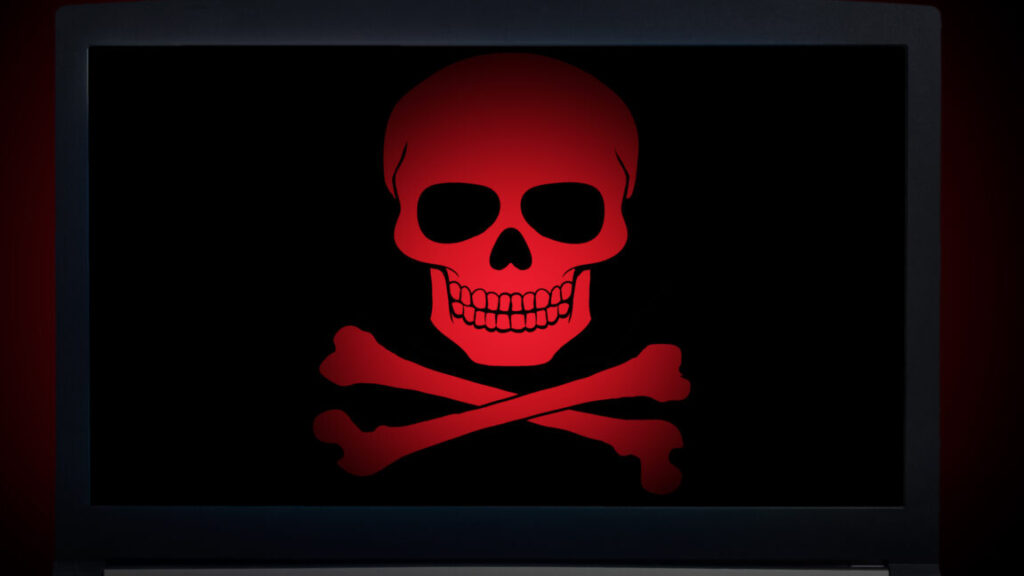
Computer notebook virus fraud or spam notification. internet online virus alert icon.
The Supreme Court has agreed to hear a pivotal case that could determine whether Internet service providers (ISPs) must terminate users accused of copyright infringement. This decision could have far-reaching implications for how ISPs manage their networks and protect user access.
In a list of orders released today, the court granted a petition filed by cable company Cox Communications. The ISP, which was previously sued by Sony Music Entertainment, seeks to overturn a ruling that held it liable for copyright infringement due to its failure to terminate users accused of piracy. Music companies have been advocating for ISPs to disconnect users whose IP addresses are repeatedly linked to torrent downloads.
Background of the Case
Cox Communications faced a potential $1 billion liability in this high-stakes legal battle. In February 2024, the 4th Circuit Court of Appeals overturned the initial $1 billion verdict, concluding that Cox did not directly profit from the copyright infringement activities of its users. However, the appeals court found Cox guilty of willful contributory infringement, leading to an order for a new damages trial.
The crux of Cox’s petition to the Supreme Court is whether an ISP can be held liable for “materially contributing” to copyright infringement simply because it was aware of certain accounts being used for infringement and did not terminate access. The company argues there must be proof that the service provider actively fostered or intended to promote infringement.
Government and Industry Perspectives
The Trump administration has thrown its support behind Cox, arguing that ISPs should not be compelled to terminate accounts based solely on accusations of piracy. Solicitor General John Sauer emphasized in a brief that the 4th Circuit’s decision, if upheld, could expose ISPs to liability for all acts of copyright infringement by specific subscribers, potentially encouraging providers to avoid financial risk by terminating accounts after a single notice of alleged infringement.
“The decision might encourage providers to avoid substantial monetary liability by terminating subscribers after receiving a single notice of alleged infringement,” stated Solicitor General John Sauer.
On the other hand, the music industry maintains that ISPs have a responsibility to act against repeat offenders to protect intellectual property rights. Sony Music Entertainment and other companies argue that ISPs should be proactive in curbing piracy to safeguard the industry’s economic interests.
Implications for Internet Access and Copyright Enforcement
This case highlights the ongoing tension between protecting copyright holders and ensuring open Internet access. If the Supreme Court rules in favor of the music industry, ISPs may be forced to adopt stricter measures, potentially affecting millions of users. This could lead to a significant shift in how Internet access is managed in the United States.
Experts caution that a ruling against Cox could set a precedent, compelling ISPs to monitor user activity more closely, which raises concerns about privacy and the potential for overreach. Conversely, a decision in favor of Cox might embolden ISPs to adopt a more hands-off approach, possibly leading to increased piracy concerns.
Looking Ahead
The Supreme Court’s decision will likely have a lasting impact on the digital landscape, influencing both legal standards and business practices in the tech and entertainment industries. As the case unfolds, stakeholders from various sectors will be watching closely, given the potential for this ruling to reshape the balance between copyright enforcement and user rights.
As the legal proceedings continue, the outcome remains uncertain, but the implications are clear: the ruling will play a crucial role in defining the responsibilities of ISPs in the digital age.







